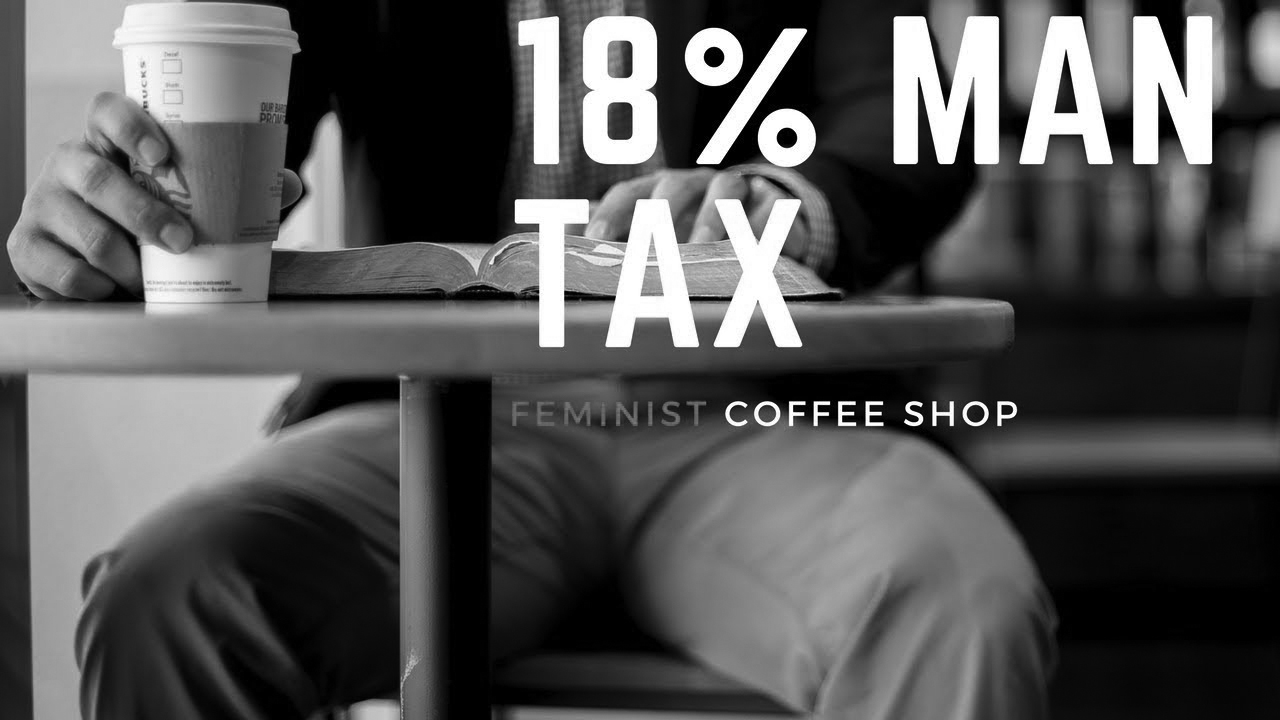The statistic that women earn $0.80 to every dollar a man earns is the most repeated number of the feminist movement. It makes for great quick quips on any blog rant about inequality, or for a local coffee shop that goes viral with an awareness-spreading deal charging 20 percent less for women. All the same, the typical solutions supported by women just seems to be “pay us more.” In reality, the statistic is that the ratio of the median yearly earnings of full-time males and females, and thus does not account for hours worked or occupation. To merely fight the inequity with the hollow words of “pay women more” will not close the pay gap anytime soon.
There are unfortunate instances of sexist discriminatory pay, but stamping them out is like trying to put out a house fire with only a few buckets of water. Sources of the wage gap go beyond sexist pay practices. This past summer, I was interning in the finance industry, and what became apparent to me was the lack of women in many firms, including my own. Among the four interns I worked with, only one was female.
Google was also in hot water this past summer after a male employee wrote an internal memorandum criticizing the company’s attempt to balance its gender composition and suggesting that women are biologically less qualified than men for programming jobs. After reprimanding and firing the employee, Google moved on quickly and missed a key opportunity to reflect on why certain companies struggle to hire more women.
When I inquire among company leaders why there are not more women in their workplace, I feel as though I always get the same response of “we do not get enough applications.” If the wage gap was due to just the simple fact that women were choosing lower paying jobs, it would be a reasonable cause to accept the gap as a stubbornly incurable phenomenon. However, “choice” should be regarded with suspicion.
The true reason for the gender-wage gap is the presence of masculine dominated workplaces in higher paying occupations, like engineering and finance. The reason companies in these fields are having a hard time finding women applicants could be that working in male-dominated culture is not an attractive prospect for many women. The solution is to pressure companies, like Google, to pursue long-term strategies of supporting programs that can convince young women from preschool up to college that careers in STEM and finance are not inherently masculine professions.
Winning the challenge of adding more women to certain occupations is just half the battle. In addition, the slogan of “pay women equally” should be adjusted to “put women in more higher-paying leadership jobs.” Both The New York Times
and the HuffPost cite that a pay gap still exists within specific occupations like engineering jobs, but what they do not account for is level of seniority. Problems of overtly masculine workplaces and harassment could be reduced with more women in the senior leadership positions.
One aspect that makes it harder for women to reach senior positions is the difficulty of having children and maintaining a career. Getting a promotion is extremely hard after missing an extended amount of time for maternity leave. One solution to close the male-female wage gap may be to advocate for the greater acceptance of stay-at-home fathers. Supporting general paternity leave payments for any parent that decides to stay home with a child should be at the forefront of the economic inequality battle.
By oversimplifying the wage gap solution to just paying women more, attention and energy are being diverted away from advocating pragmatic solutions to address the wage gap. Until these solutions are pursued forcefully, it may take decades to bring the gender pay ratio to one to one.



